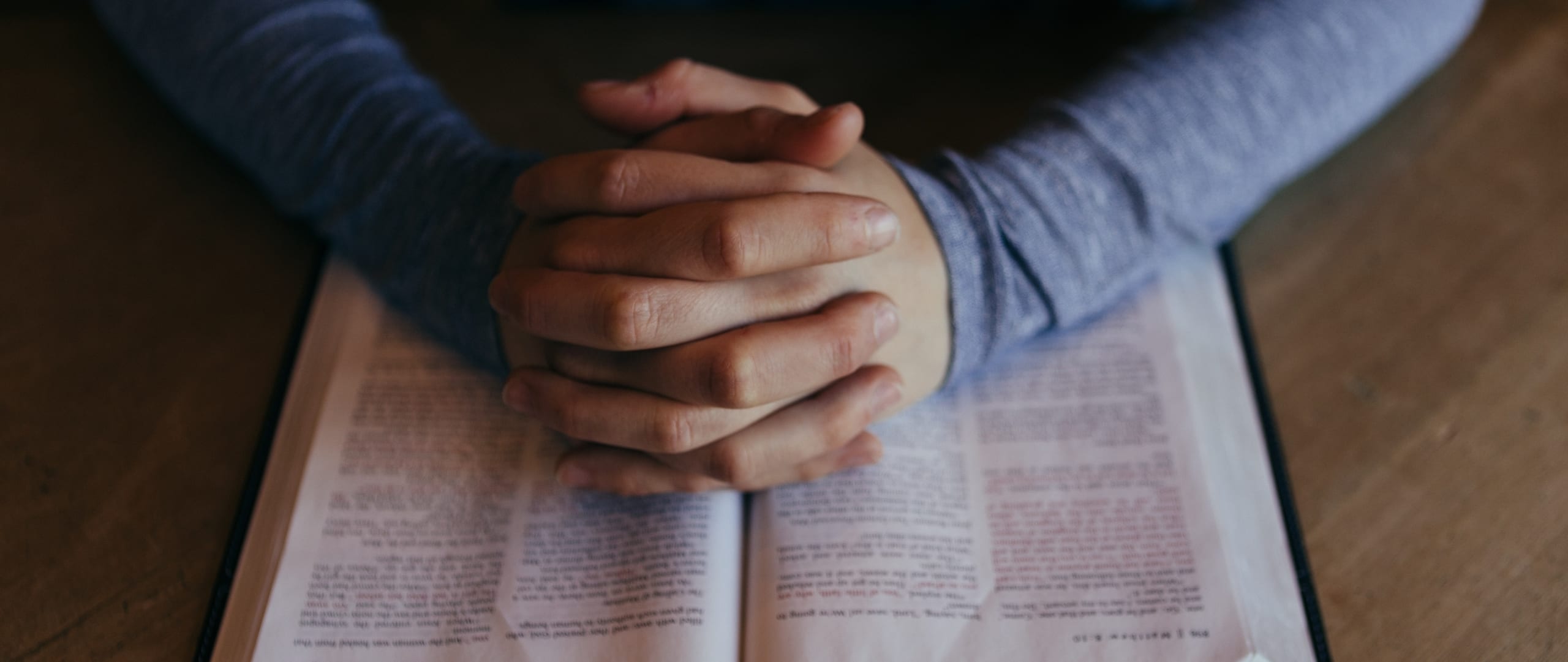Lessons Learned During a Crisis
By Dr. Sanejo Leonard
As someone who loves history and making connections between humanity and history, I find myself reflecting upon those commonalities that we as humans experience and why we do what we do. History shows us that crises have come and gone and that regardless of their origin (European nations wanting to flex their newly found military might and establish new territorial borders in WWI, or a sociopath wanting to reestablish his country’s standing in the world and eradicate all others in the process in WWII), crises throw us into chaos but eventually find their own homeostasis.
Individual crises are similar as they challenge us to find a new normal. Losses such as the death of loved ones or the loss of a job challenge us to understand a new way of living without that part of our lives or person who was important to us. Losing my eighty-year-old father at the age of twenty-eight was both expected and yet unexpected as I learned from an early age that it was not a matter of if but when my father would pass away. His debilitating stroke when I was fourteen exposed me to the idea that death was an inevitable part of life even before my young brain could process what that meant.
The lessons I learned during that time of loss, grief, and faith crisis have stayed with me into our current world crisis as learning moments often do. Unfortunately, we as humans do not always learn the needed lessons the first time around and usually have to learn and relearn lessons through future crises.
Lesson 1: We are learning about our own self-importance and how unimportant and important we are at the same time.
- While every life is important and part of an interconnected web of relationships, our self-absorption and individual demands for sympathy are tempered at a time of global crisis. We are all struggling in various ways, and many are suffering during this time. None of us has the “market cornered” on suffering at this time, though some of us are legitimately hurting and struggling more than others.
- While we are not as important as we tend to think we are, we are still learning how much we need human contact to survive.
Lesson 2: We are learning that can find new ways of having and being church.
- While the gathering of fellow believers is important on some level, we are learning that gatherings do not have to constitute a mass of people in order to fulfill that need.
- While help from a variety of places is needed, whether the government or our employers, we are learning that the church can and should return to its biblical roots of caring for each other.
Lesson 3: We are learning about priorities and learning to differentiate between desires and needs.
- While we enjoy watching sports, going to movies, going to Disneyland, going to concerts, going to the beaches, and going out to shop or dine, we need human contact, a sense of purpose, and continued growth.
Lesson 4: We are learning that the desire for individual homeostasis and self-preservation can overtake the need to care for our fellow humans.
- While we are learning how to manage during this crisis, we are learning that it is not just important to survive; how we survive and whom we hurt or help is actually most important.
Lesson 5: We are learning that our interconnectedness as humans goes beyond technological advances in history, and the web of human relationships has always existed.
- While our needs matter, the needs of others matter just as much. (What happens “over there” (wherever “there” is), will eventually affect us “over here.” Remember that it wasn’t until America was forced into WWII through Pearl Harbor, until we actually had “skin in the game,” that we entered into a World War that had already decimated Europe and was seeing millions of Jews slaughtered.)
Lesson 6: I am learning, and continuously re-learning, that God is more concerned about what is happening in me than He is what is happening to me. And that He is using what is happening to me to help shape what is inside me.
“So do not worry, saying, ‘What shall we eat?’ or ‘What shall we drink?’ or ‘What shall we wear?’ For the pagans run after all these things, and your heavenly Father knows that you need them. But seek first his kingdom and his righteousness, and all these things will be given to you as well” (Matt. 6:31-33, NIV).
May we re-learn quickly these important lessons and love abundantly in the process.
Abiding in Christ in the Midst of COVID-19
By Dr. Sanejo Leonard
The past few weeks I have been meditating and practicing lectio divina on a familiar passage in Luke 13, the one where Jesus cries over Jerusalem in his desire to draw the city and its people back to himself. In reflecting upon that scripture, I was drawn to the start of the passage where Pharisees come to him and urge him to leave because Herod wants to kill him. Luke, ever the detailed writer, tips us off in dramatic fashion to the urgency in the narrative by writing “At that very hour some Pharisees came and said to him, “Get away from here, for Herod wants to kill you [italics added]” (Lk. 13:31, NRSV).
Whether the Pharisees were trying to help Jesus, or this was a ploy to get him out of their city (probably the latter), the sense of urgency would cause any normal person to react: someone is trying to kill you, do something about it! Yet, Jesus was no “normal” person. While Jesus was both human and divine and struggled with many of the same human emotions we deal with, there was also a sense of calm deep within him, showing his ability to remain at peace despite the fear and anxiety that swirled around him (e.g., remember the story of Jesus asleep on the boat in the midst of the storm in Luke 8:23-25). Jesus’ frequent time spent with the Father in prayer (Lk. 5:16) seems to have contributed to his ability to respond to life’s challenges with a sense of calm rather than the temptation to react. Knee-jerk reactions often reflect ingrained habits, habits and parts of our character that have yet to be transformed into Christ’s likeness and Christ’s character.
Instead of reacting to the Pharisees and their attempt to cause fear, Jesus brings the focus back around to his mission and to others. It is from there that Jesus proceeds to express his sorrow over Jerusalem, desiring to gather her children together in a protective manner (Lk. 13:34), and as such, letting everyone know that his life was not his own; his life was meant to be lived and to die for others.
Jesus’ example shows us that our ability to weather our current storm of a global crisis is in our daily and frequent connection with God our loving Father, and the deep and abiding peace we will find from that relationship. As we grow in our ability to remain or abide in Jesus and his love, the fruit from that abiding will be our ability to love others (Jn. 15:5-12). The fruit will be our ability to respond from a well of peace rather than react from a shallow point of fear and anxiety. Our fruit will be responding with hope that only comes from a God who is bigger than our current crisis than a trust in human ability alone to fight this crisis. It is only when we learn to abide in Christ that our reactions change to thoughtful and peaceful responses because we are deeply rooted in Christ and his love (Eph. 3:17-18). Being the self-proclaimed “fraidy-cat” that I am, I need to remind myself of this practice as much as anyone.
May we this day, this week, and in this crisis learn to abide in Christ and find peace and calm there, and in turn, love and care for others to bring God’s light in the midst of this darkness.
Amen.








It is a good thing to work for the Lord. As 1 Timothy 3:1 reads, “It a true saying that if anyone desires the office of a Bishop desires a good work”. This scripture tells us how good and great it is for someone to choose the work of God then any other work in the world. I am already into the ministry and I may need your help.